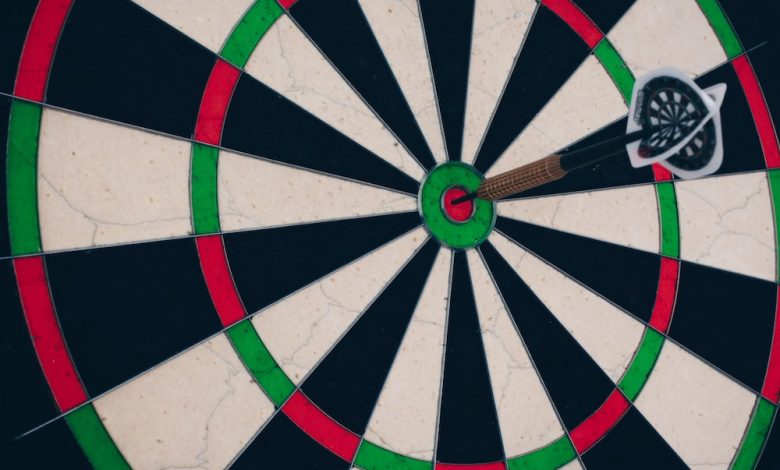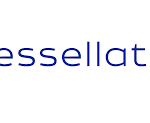Precision Gerontology: Caring for an Aging Population

It’s often said that there are only two constants in life – death and taxes. While that’s partially true there is also a third constant, one preceding the former – age. Aging and its effects on both body and mind are felt by everyone sooner or later, and it’s something everyone will have to make peace with. Aging is so universal and so influential to the human race that there are two branches of science dedicated to its understanding; Geriatrics and Gerontology.
Geriatrics is a branch of medical science focusing on the unique health concerns of elderly people, generally over 65. For example, a geriatrics nurse tends to the needs of people suffering from conditions that are exacerbated by age.
Gerontology is the academic study of age in a social, cultural, psychological, cognitive, and biological context. Much of gerontology is influential on geriatrics.
These particular brands of science are now coming together with a new emerging science – Precision Medicine – to offer more comprehensive care for aging populations, and it seems it may be happening right when it’s needed most.
What is Precision Medicine?
It can be mildly concerning to hear that “precision medicine” is an emerging science, after all, how many chemicals do our doctors, pharmacists, and nurses prescribe to us throughout any given year? All those drugs and substances weren’t a product of precision medicine?
Yes, and no. Drugs and medicine are always precisely calculated. When we say “precision medicine” we are referring not to a new technology or emerging technique, but rather to a new understanding of the practice of medicine.
Traditional medicine currently serves as a “one-size-fits-all” approach to illness and ailment. If you have cancer, the most successful treatment available is chemotherapy and that’s usually what medical professionals will suggest for cancer patients across the board. In this way, medical science has been relatively imprecise, but new developments are breaching new ground in medicine.
Precision medicine seeks to do away with the one-size-fits-all nature of healthcare. Through extensive research and study of existing and previous patients, what ailments they had, the treatments received, and extensive analysis of blood, DNA, urine, and tissue, and then establishing patient groups based on this research to provide more tailored medical care.
What this essentially means is that in the next few decades, the treatment for a 25-year-old bodybuilder with cancer who comes from a genetic line susceptible to cancer could differ greatly from the treatment that a 50-year-old office worker without a genetic predisposition to cancer may receive for the same illness. As opposed to now, where there would be little option but for both patients to undergo the same therapies, with possibly wildly differing results.
Precision Gerontology
This is particularly exciting in the areas of gerontology and geriatrics. With the emerging advent of precision medicine, there comes one of what will likely be a variety of branch science, precision gerontology.
As discussed earlier, gerontology is the study of the phenomenon of aging across multiple sociocultural, and scientific areas. Currently, 8.5% of the US population is 65 years old and up, and studies show that anywhere from 4-17% of ambulatory, non-institutionally cared elderly people are considered “frail;” the term for general weakness or delicacy.
This is a concern among renowned gerontologists, due to the multifaceted nature of frailty. The condition is as general as it sounds and affects both cognitive function, as well as bodily ability and autonomy. Coupled with the wide range of geriatric syndromes that elderly people can suffer from, the current methodology of modern medicine just doesn’t address all aspects of what it means to be frail or ail from any of the aforementioned conditions.
Because of this, and because of the emerging science of precision medicine, gerontologists like Dr George A. Kuchel are pioneering the study of “precision gerontology;” a pathway of precision medicine that focuses on geriatric age groups, illnesses, and ailments unique to or of particular concern to them, and the treatments available.
The Importance of Precision Medicine and Precision Gerontology
The nature of these new medical methodologies is extremely exciting for several reasons. Firstly, the coming of precision medicine means that more people will be able to receive more accurate and effective diagnoses, treatments, and therapies that will more specifically address their needs and any underlying causes of their condition. Meanwhile, precision gerontology paves the way for new advances that will severely improve the quality of life of many elderly people, potentially even allowing them to regain a certain measure of reliable individuality.
According to a recent Mercer study, the USA is going to be in the throes of a healthcare staff shortage very soon, owing in part to an aging demographic of patients that are living longer than ever before – thereby requiring longer ongoing care when healthcare professionals are reaching retirement age. With precision gerontology, depending on how quickly it advances this may no longer be an issue, or at least a greatly reduced one.





